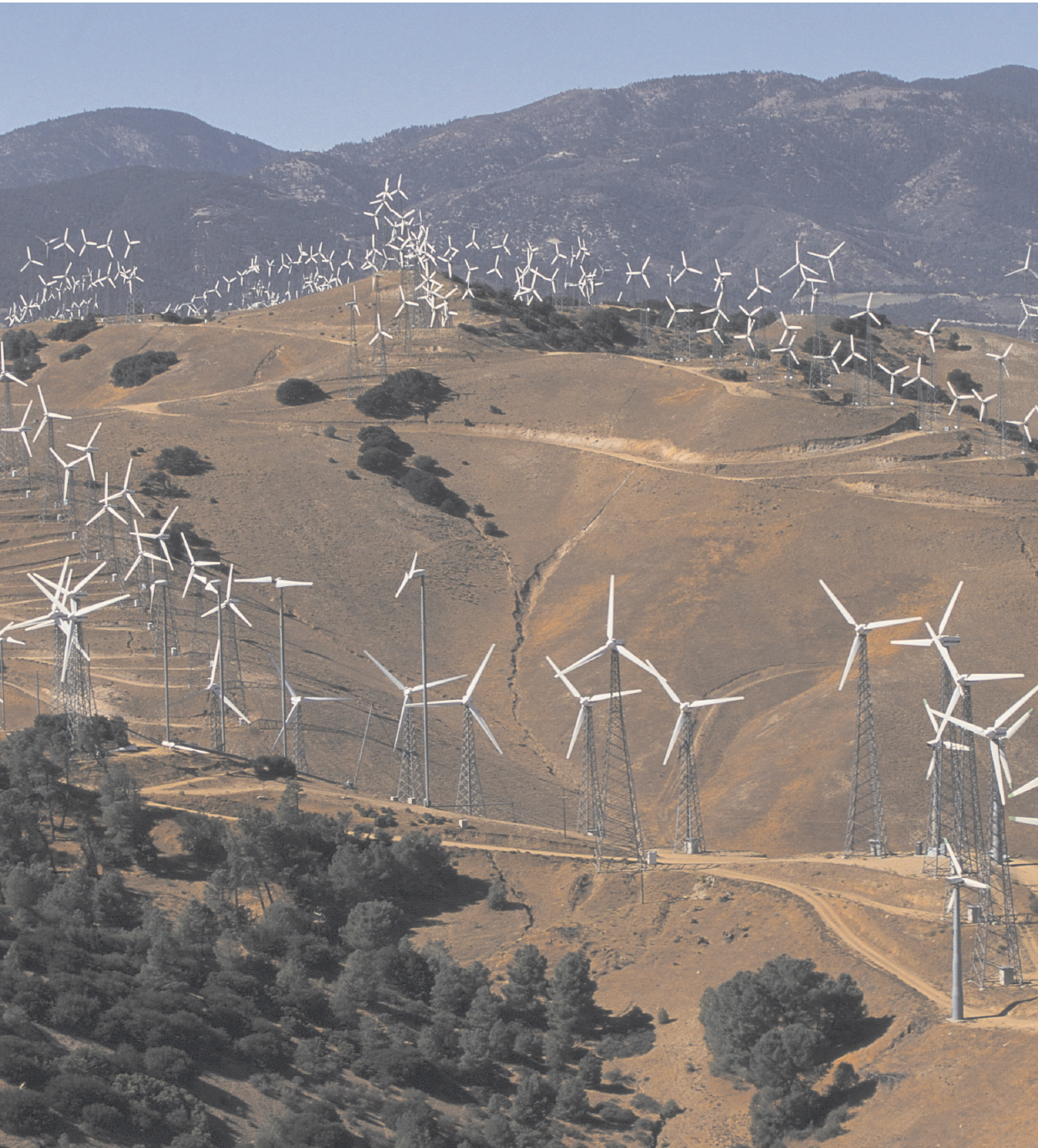Introduction for Chapter 31
CHAPTER 31 Confronting Global and National Dilemmas, 1989 to the Present
IDENTIFY THE BIG IDEA
How has globalization affected American politics, economics, and society?
On the morning of September 11, 2001, two commercial airliners were deliberately flown into the World Trade Center in lower Manhattan. Millions of Americans, and many more people worldwide, watched live on television and the Internet as the towers burned and collapsed. Simultaneously, a third plane was flown into the Pentagon, and a fourth hijacked plane crashed in rural Pennsylvania. It took Federal Bureau of Investigation officials only a few hours to determine the identity of most of the hijackers, as well as the organization behind the murderous attacks — Al Qaeda.

The attacks were made possible by the new era of globalization. Of the nineteen terrorists involved in the hijackings, fifteen were from Saudi Arabia, two were from the United Arab Emirates, one was from Egypt, and one was from Lebanon. Many had trained in Afghanistan, in guerrilla warfare camps operated by Osama bin Laden. Four had gone to flight school in the United States itself. Several had lived and studied in Germany. They communicated with one another and with planners in Afghanistan through e-mail, Web sites, and cell phones. Al Qaeda sympathizers could be found among Muslims from Indonesia to Algeria. The most conspicuous crime of the twenty-first century, which left 2,900 people dead and sent waves of shock and anxiety through the American public, would have been impossible without the openness and interconnectivity that are central features of globalization.
Messages of sympathy and support poured into the United States from nearly every nation. Citizens of fifty-three different countries had perished in the World Trade Center, itself a symbol of the global financial industries. The world, quite literally, stood in shock. The emergence in the Middle East of a radical Muslim movement willing to use terrorism to inflict major damage on the United States and the West testified to the altered realities of global politics. The simple Cold War duality — communism versus capitalism — had for decades obscured regional, ethnic, and religious loyalties and conflicts. Those loyalties and conflicts moved to center stage in an era of globalization.
For Americans, the period between the end of the Cold War and our own day has been defined by twin dilemmas. The first relates to globalization. How would the United States engage in global trade and commerce? How would it relate to emerging nations? How should it confront radical terrorists? The second dilemma relates to domestic politics and the economy. In an era of conservative political dominance, how would the nation manage its cultural conflicts and ensure economic opportunity and security for its citizens? As “profound and powerful forces” shook the world, these were, as the chapter title suggests, Americans’ dilemmas in a global society.